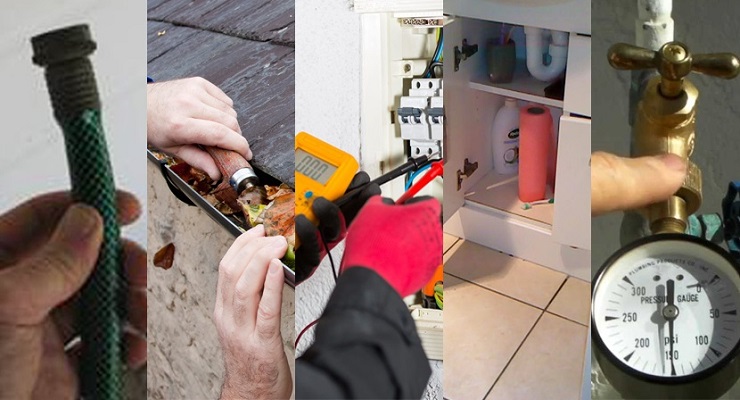Jones Coffee on Raymond Ave. hosted an intimate discussion Wednesday with an international guest who has dedicated 22 years to mastering the craft of making specialty coffee from rural farms in Rwanda that finds its way around the world and into our cups in Pasadena.
Immy Kamarade reinvented her life in a unique way. Kamarade fell into the coffee industry during the aftermath of the unspeakably atrocious Rwandan Genocide that turned that country upside down in 1994. The horror took 800,000 lives in 100 days, and left the majority of Rwandan women to fend for themselves.
“Coffee has changes people’s lives, and continues to change lives. It transforms people’s minds and the lives of many in Rwanda,” said Kamarade.
Kamarade’s endeavors have given her to opportunity to empower women, establish numerous coffee farms and tap into a market that benefits her home country’s economy while it satisfies the coffee drinker looking for a premium cup from a far away land. Her life took a turn for the better even as the country was in ruin and her previous career working in the medical field was too demanding to keep up with her home life.
Whatever she id to survive, Kamarade of course yearned to be close to her five children. By the luck of the draw she met a savvy businessman who mentored her on how to turn a profit selling indigenous Rwandan arabica coffee beans.
“After the genocide is when my focus was on making specialty coffee. I came to realize that if I can make smaller quantities of the cleanest coffee beans, people would buy it and would be worth its value,” explained Kamarade.
She honed her skills for the next decade and utilized the primitive and rural landscape that Rwanda offers and that contributes to the qualities, and therefore demand, for prized Rwandan coffee.
“Rwanda has volcanic soil, its in a high altitude and grows arabica beans. It’s a combination that produces high quality, specialty coffee,” said Kamarade.
Kamarade produces modest quantities of quality beans with an attentive labor of love — everything is done by hand without machines. This category of quality is known as “speciality coffee.” It is rated 80 and above in accordance to the international rating scale that exists in the coffee industry.
“She blazed the trail about raising the bar in the quality of coffee,” said Jones Coffee owner Mireya Jones, who met Kamarade in 2009 after she went to East Africa to hold a summit with
both women in coffee consuming countries and women in producing countries.
“They needed to be nurtured and they needed to receive technical training to carry on the coffee production,” said Jones.
This summit produced an international group of about a dozen women in the coffee industry that is called the International Women’s Coffee Alliance. Its mission is to empower women in the coffee sector through training, networking and new trade development.
The natural progression from forming the IWCA was to create global chapters. Kamarade is currently the Rwanda Chapter President.
“It’s something for people to enjoy and then it became a way to connect people. We want to promote empowerment from the crop to the cup,” said Kamarade.
Kamarade helps women establish and establish, operate and eventually own their own co-op farms in Rwanda. Her farm where majority of the exported coffee comes from is called Karisimbi.
“We are lucky to have Immy here. She represents speciality coffee,” said Jones.
Jones Coffee currently has Kamarade’s Rwandan coffee in stock in limited supply in store located at 693 S. Raymond Ave.
To learn more about the Rwandan coffee, visit http://www.sustainableharvest.com/ltcrwanda-day-one/
For more information about the IWCA and how to get involved, visit http://www.womenincoffee.org











